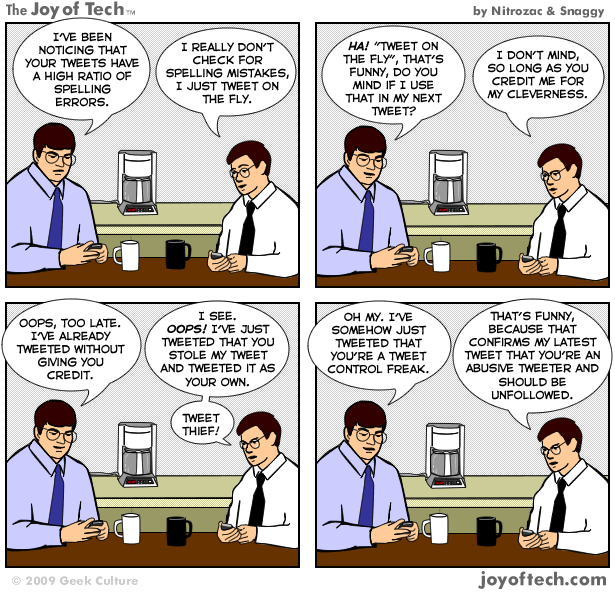Writing movie scripts has been a hobby of mine for decades. I'm going to share an improvement to the movie "Knowing" with Nicolas Cage. See if you agree or disagree with me after you've seen it, because I'm going to give everything away here.
In other words...spoiler alert!
The change I'll describe would have made those who liked the movie appreciate it even more, and make it palatable and enjoyable to those who hated the ending but liked or tolerated it up until that point.
Ending:
We see flashbacks to the dreams (established earlier in the movie, see below) of John's wife/Caleb's mother, of an old Native American man and woman in front of an outdoor fire at night teaching the creation of the world from fire before the world's original father sent his child into the new world. These Native Americans are obviously part of a successful village. The old man is wearing a silver turtle charm around his neck.
After the end of the movie as it was shown, this change: the children arrive at the new world and Caleb flashes back to the open locket his father John gave him, and we see him close it before he gets on the ship. It's the same as the Turtle the old man in his mother's dreams wore around his neck. Then we flash back to the father closing it from the gift box; The turtle again.
Then we have the final reveal: We see the old Native American man in Caleb's mother's dream open his turtle locket and show the photo inside of himself as a child with his mother and father: the old native american man is the son in the movie, generations in the future, successful on the new world that the aliens took him to.
The mother's dreams were of the success of her son, and the new reality established by the end of the movie is linked to the day-to-day reality that most of the movie was set against by the foreshadowings of love, family, and spirituality.
Rather than just one reveal and surprise, we have three: The children start anew on a new world after the old world ends; the father in the dreams of the mother is her son in the future; both mothers had the power to see future, one of a horrific future, the other of a loving future, and both turned out to see the same future.
Character of the Deceased Mother:
The wife/mother who passes away before the beginning of the movie always saw good things happening and believed that she could see the future symbolically. Though not Native American, she was fascinated with Native American mythology about the creation of the world. The locket in the movie is one she left to her husband John (Nic Cage) that we see open but never closed. He discovers it midway through the movie.
She was always making tenuous connections between feelings and symbols from dreams and things that turned out well. Her husband John humored her but didn't really believe the connections she made between things meant she saw the future.
Character of the Religious Grandfather/Father:
He dealt with his daughter-in-law's portentous dreaming abilities by pointing that some saw good and some saw evil, but that we all saw something that was true in some sense. Cage's character went along reluctantly but lovingly until the change in his attitude her death.
John, the Father (Nic Cage's Character):
His viewpoint once the movie opens is summarized when he says to his class "People like to make connections between things and say 'This is how is was supposed to turn out.' Some people see good things (his deceased wife), some people see bad things (the woman who writes the numerical predictions the movie revolves around) but it's all really just random."
Hence the father abandons the faith of his wife and his father when he doesn't feel anything when his wife dies, and we have a parallel between the mothers who see other realities and the effect it has on their children.
What was wrong and why. Why these changes are what it should have been all along:
Movie-goers who had a favorable predisposition to the themes of the ending enjoyed the movie much more than those who didn't. In a sense, their interests foreshadowed it. The problem was that moviegoers who weren't favorably predisposed were in the majority, and their reaction to the ending (as a I saw one reviewer say) was "What the F was that?!" Not favorable.
In order to create surprise for the ending, it was disconnected from the rest of the movie. Instead of feeling the intended awe, it felt more like a slap in the face to some. Rather than feel like a penultimate reality humankind has moved to, it felt like the projectionist had accidentally shown us the end of a different movie.
Surprises in a movie should generally not be genre surprises; a light action-comedy should not turn into a serious drama-romance, for example. Surprises should make us feel good, smart or connected in some way. Revelations, not slaps. Awe, amazement or excitement, not "What the hell?!" Surprises can make us see there was foreshadowing that we didn't understand until the surprise revealed the new reality.
Read more!





